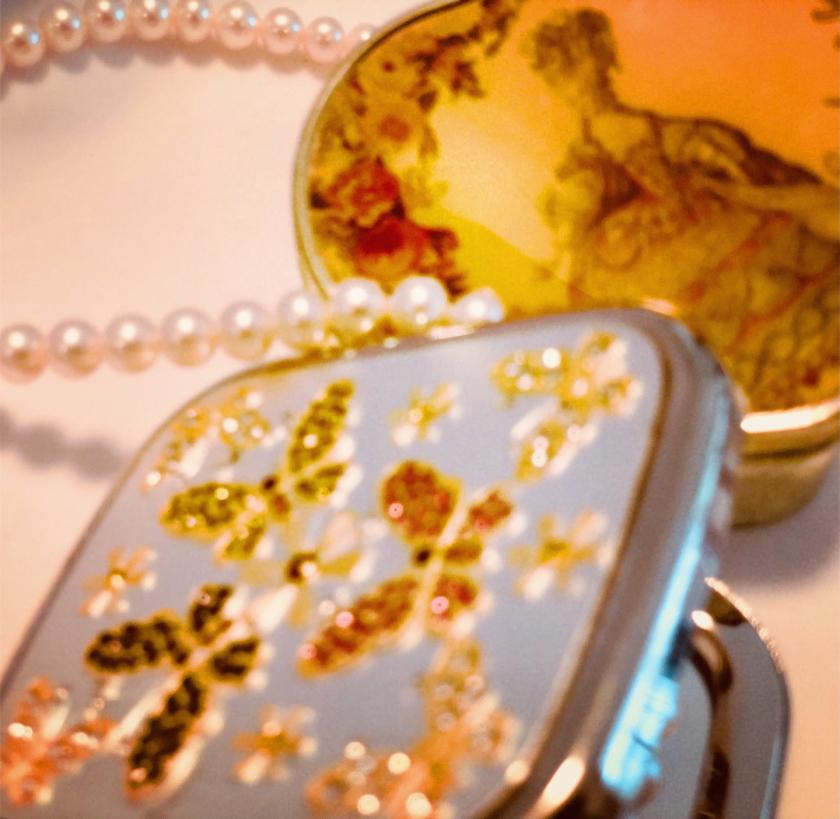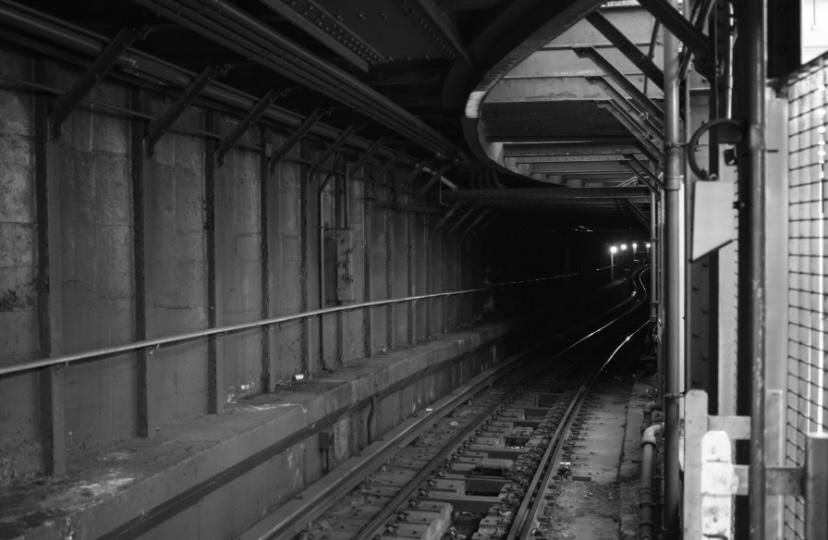Time
He looks at the frayed carpet with a frown. The faded tapestry in pink and grey is still pleasing. Dry-cleaning might unearth more color. And, if he got someone to sew up the seams, it would regain considerable charm. He knows that you cannot excuse being rundown in the name of heritage. Not relying on his memory, he jots down these ‘things to do’ on the note-taking app on his phone.

It’s time for his morning run within the expansive palace grounds. The thinner branches of the Champa trees sway gently in the breeze as he passes by. He circumambulates the palace – as is his daily habit. The fort-like palace is shaped like a giant octopus. One of his ancestors had seen a similar building on his travels abroad and replicated it here. It looks harmless in the soft morning light. He always shares this fascinating bit of information, about the palace’s shape, with his guests. Some look a tad horrified.
Road not taken
The morning run is when he often thinks of an alternate life he could have chosen. What made him quit his promising job in the corporate sector and become a custodian of the past? Perhaps, it was to make sense of his lineage. Perhaps, it was to gather the fragments of history and craft an identity for himself. And, perhaps, it was also because he wanted to share with others the pride he felt in being part of an illustrious royal family.
He had become quite a storyteller. He would tell his guests about an ancestor who had fought in World War I at the age of 70! Also, how another had been adopted by his brother to ascend the throne in the absence of a male heir. And, of course, the most dramatic one – how his grandfather had fallen in love with his grandmother at that first, shy glance. Since there was opposition to the match, he had to abduct her to make her his queen! Converting his home into a heritage hotel was not just a practical financial decision. It was to share these stories.
Pieces from the past
He enters the palace and heads for breakfast. His eyes caress the artifacts all around. It’s not the collector’s instinct. It’s the smell of history. Each of them has a story tied to it. He knows only some of them. The quaint silver bird-shaped teapot is one of his favorite pieces from the past. The heavy and somewhat ugly candlesticks, the attractive radio which sits on a rosewood stool soundlessly, the wooden picnic trunks, the exquisite threadwork portrait of an ancestor, and the extensive collection of stamps – there is so much of the magical past in his present.
But the hunting trophies offend his sensibilities. He had wanted to take the tiger and antelope heads down from the wall. The magnificent tiger skin on the floor is anathema to the idea of conservation. He had wanted to hide all these trophies in a closet away from curious public eyes. But his father objected. He argued: “What is a maharajah without his hunting trophies?”
Where diversity unifies
Breakfast is aloo paratha and upma. The food served to his family is not regionally defined. There is an interesting reason for this practice. The women of the family – all of the royal lineage – have come from different corners of the country. They have brought to the table their native cuisines. All eight generations of them. National integration of sorts. Something that he always applauds silently in his heart.
Meeting and greeting guests, showing them the premises, and telling them his stories keep him busy for a part of the day. Then there are the humdrum managerial duties – making reservations, supervising upkeep, planning the menu. He has a quick conversation with the carpenters busy with furniture repair work underway in a secluded part of the palace.
There is a wedding to plan as well. It is to take place on the palace grounds. The decorations and flowers need to be ordered. The groceries have to be procured as per menu requirements. There is music to choose — one of the less demanding tasks. As always, he picks the softer melodies. One non-negotiable rule for weddings held on the palace premises is that the music can’t be loud or jarring.
However busy his day gets, he has to find time for his vintage cars. There are six of them now. Keeping them in running condition is an expensive exercise. But he is inordinately fond of cars, especially the Convertible and Mustang. By turn, they are driven around the palace grounds. The bylanes of the town are too narrow for them. Also, he does not like them being gawked at.
Generation Next
Late evenings are spent relaxing with the family. Sometimes, he has to show guests around. But, not always. He curls up on the divan to watch a movie with his teenager. There is something he can’t understand about his son and heir. The 15-year-old finds it embarrassing to be a royal. He wishes he had a familiar name. It is awkward for him to bring his school friends home to the palace. “I am just waiting to get into college and move away,” his son often tells him.
On the other hand, he is bonded to the palace with feelings he cannot fathom. Of course, sharing his life with strangers is not always ideal. There is a loss of privacy. There is an uneasy feeling: someone with a telescope is watching you from a guest room. But the palace still feels like home.
Amid all the faded grandeur he lives in, one feels he does not have a sense of privilege. He knows the privilege lies with his guests – to whom he extends all courtesy as any other hotelier would. Work is a great leveler. And, his work allows him to tell fascinating stories. He smiles.
Author: Aruna Raghuram
[Freelance Journalist; St. Stephen’s College; Cinema]
Illustration: Natasha Desai
[Photograpphy; Ramnarain Ruia College, Mumbai; Copywriter]











 Report This
Report This
Leave a Reply
You must be logged in to post a comment.